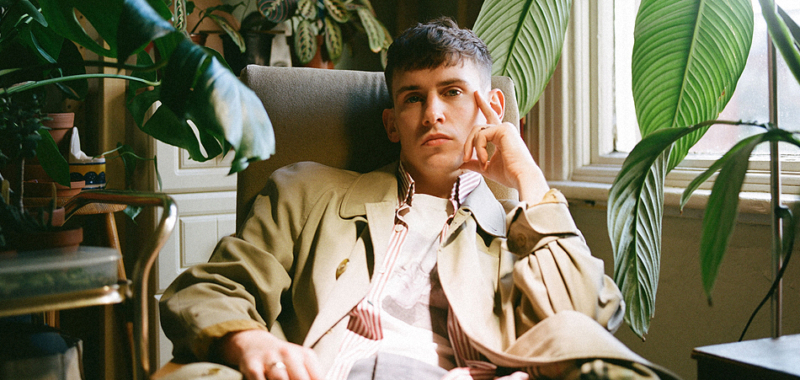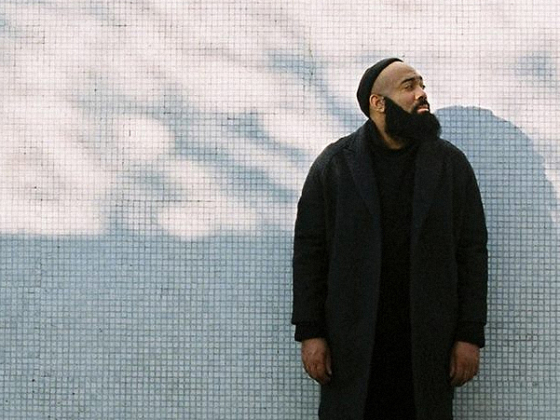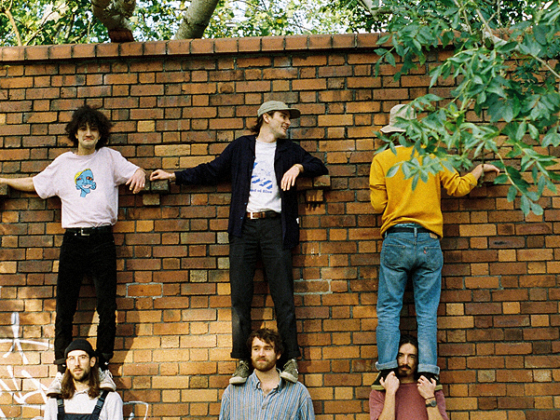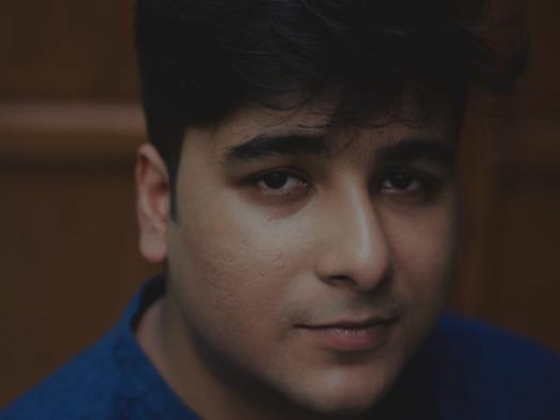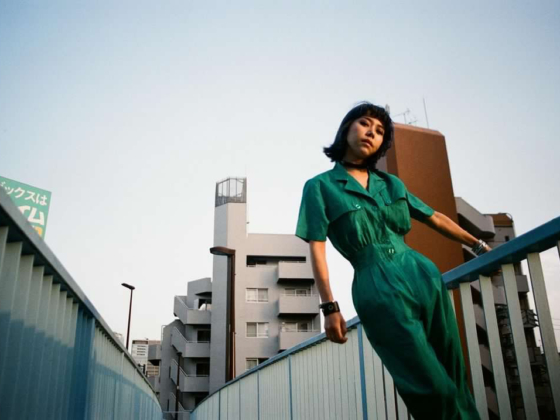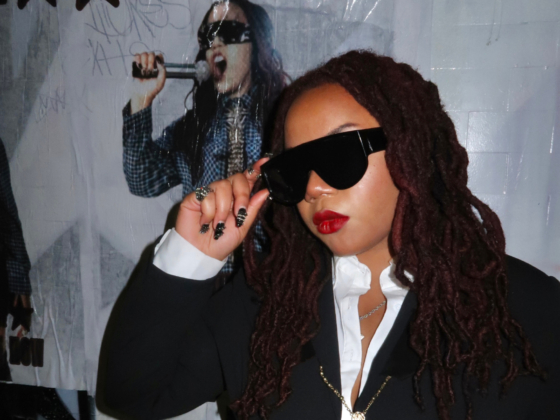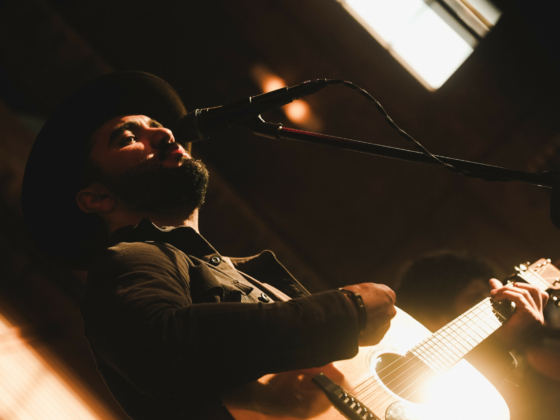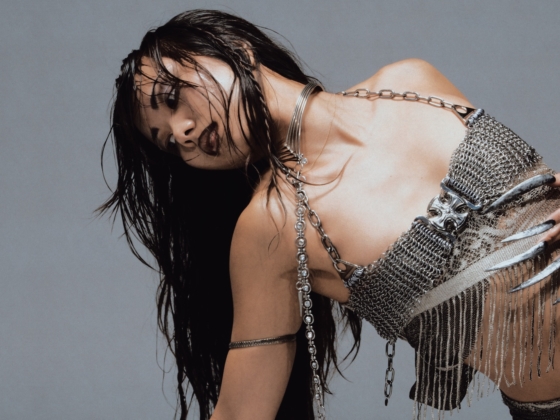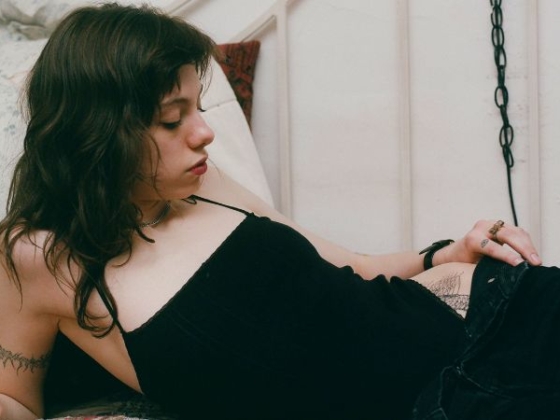When I'm greeted by Kojaque on Skype, he's in a mustard yellow jumper, hood up. "Soft Boy" is written in what looks like sharpie all around that hood, framing his face. He frantically wipes the camera on his laptop. Where is he? Cooking, in his kitchen. Just dinner time on a Thursday in Dublin. We are chatting just after the first birthday of his largest work to date, concept album Deli Daydreams. The eight song album, about grinding it out in a shit job, dealing with feelings of inadequacy and lack of passion, earned Kojaque national notoriety. His last headline gig in Whelan's sold out in a mere 5 minutes, and Deli Daydreams became widely heralded as one of the best Irish releases of 2018.
Deli Daydreams on the whole paints a stunning picture of the grit and poetry of Dublin, simultaneously using a characteristic dry Irish humour to satirise elements of hip-hop culture that don’t make sense to Kojaque. “Satire's an interesting vehicle because it allows people to laugh at something that might be hard for them to admit,” he says, immediately following up with humility: “I dunno, I don't want to get too high-horsey about it, I'm not going to try to tell anybody how to live. I'm just pointing out weird shit that we do because it's amusing sometimes.”
The opening track "White Noise" sets Deli Daydreams up to be representative of a significant cultural moment in Ireland. "I'm just a North side D.C. baby/Me mammy raised me/By the horse riding council housing crisis crazy," he raps. The song, dedicated to a young Irish poet named Paul Curran who died before the release of Kojaque’s album, is both political and colloquial. He hurtles angrily through every hot-button issue plaguing Irish youth, from the homelessness crisis to abortion rights, peppering the track with Dublin-isms like “say that post code wrong, I wanna break you.”
Irish culture writer Una Mullally has aptly said on Twitter, "…I've never experienced what we're witnessing at this moment regarding the energy emanating from we can broadly call Irish hip-hop. It's exciting and brilliant."
The energy rise, at least in some part can be attributed to Kojaque and his band of misfit industry brothers, who comprise his self-founded record label Soft Boy Records. While Kojaque is first to admit that the label began as a way to give his music an air of professionalism, it has grown organically into something more profound, with its artists frequently lending their skills to each other's projects. "You can fall into a kind of black hole of listening to a tune so many times, especially if you're the only producer working on something. You don't know if it's good, if it's bad…you can't tell if it's finished. So, you're informed by different artists in all sorts of different ways." His best friend Kean Kavanagh offers up vocals on "Eviction Notice," which is such a smooth ear-worm that it almost requires repeated plays.
Kojaque is unpretentious when it comes to his own work. I ask him about his latest single, "Flu Shot," and he throws out nonchalant phrases like "bullshit braggadocio" before stating ruefully, "in true Irish fashion, it's a feeling of being invincible but also being incredibly self-destructive. The only person who is going to stop me is me."
When I ask about rapping in his Dublin accent, he marvels at how often the subject comes up in interviews. “Hozier never gets asked about his American accent when he sings." Visuals often accompany his tracks and play on hip-hop archetypes, including the toxic masculinity inherent in the genre; they flip-flop in tone between serious and satirical and are richly produced. The quality is thanks to the genius of Kojaque himself and Sam McGrath, but ironically most of his video shoots have been extremely low-budget. "Bubby’s Cream" was shot “at 3am at the Tesco down the road. We nearly got our stuff robbed,” he recalls.
In order to properly listen to and understand Kojaque, you should forget what you think you know about hip-hop. Sure, he uses conventional elements of the genre, but everything is just a little bit off-the-cuff: his delivery, the visuals, his sensitivity and irony. There is an intimate, everyman quality to his work that is rare in a genre which often prides itself on luxury and a mythology of aloofness, and although his pen name suggests he raps as a character, Kojaque is more interested in that character being an extension of himself.
Connect with Kojaque: Spotify | Soundcloud | Twitter | Instagram

